Have you ever considered flying to Poland on vacation to experience its culture and study its rich history?
If yes, but you didn't get a chance to visit Poland, don't feel sorry because, after reading this article, you'll get to know Poland as if you had been there.
Besides providing insight into Poland, this article will also conduct a PESTLE Analysis of Poland to see what external factors impact Poland, which will accompany our SWOT analysis of Poland.
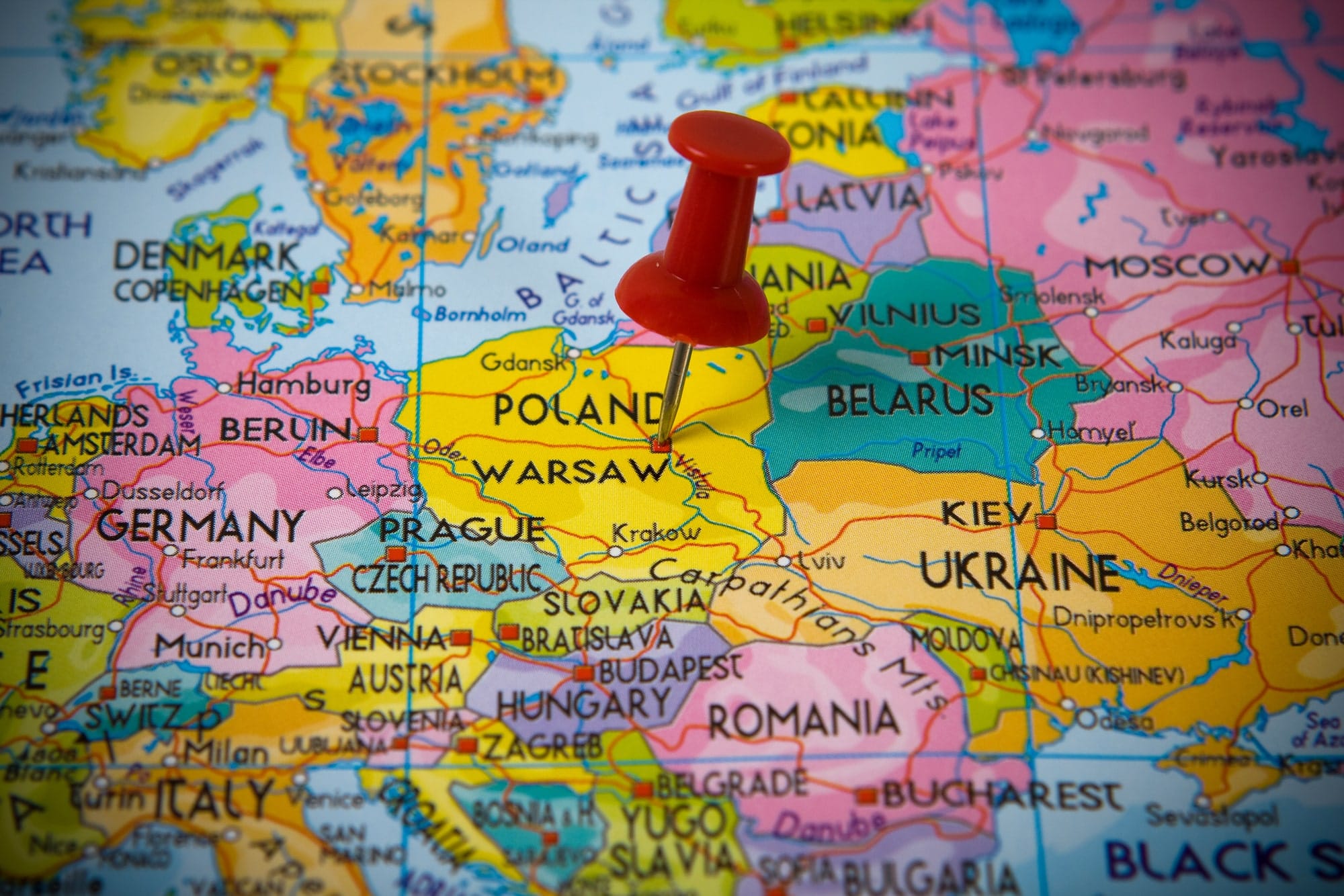
So let's proceed and start by discussing the history of Poland. Poland has been on the world map for ages. The earliest accounts of the history of Poland show that the first leader of Poland was Mieszko I, the founder of the Piast dynasty.
He then converted to Christianity, due to which the Christianisation of Poland started. After that, the Piast dynasty ruled Poland for a couple of centuries, and that's when more land became a part of Poland.
Later in the 16th century, Poland's golden era started. In this era, Poland began to advance in scientific studies. One of its astronomers proposed a theory that laid the foundation of modern astronomy.
Moreover, Poland displayed multicultural diversity in this era as people from different religions and faiths lived harmoniously. Poland also expanded its territories in this era, bringing more land under its control.
One of the things that gave Poland strength was its union with Lithuania. As a result, the Polish-Lithuanian Commonwealth became the country with the highest population in Europe.
The Polish-Lithuanian Commonwealth had mixed people with different cultures and religions, which soon caused civil unrest. Moreover, external pressures and political conflicts led to the decline of the Commonwealth in the 17th century.
The Commonwealth's neighbors took advantage of its deteriorating state and partitioned its states in 1795. This led to the disappearance of Europe's largest country from the world map for more than a century.
Later, World War I started, which proved beneficial for Poland since all the neighbors of Poland, such as Russia, Germany, and Austria, suffered significant losses. Hence, at the end of the World War, Poland became independent in 1918.
The country experienced economic growth and development. However, it was for a brief period since Poland again got invaded by Germany and Russia in the Second World War.
Post-Second World War, communist rule was established in Poland since it came under the rule of the Soviet Union. After that, Poland became socialist for a few decades. However, soon the solidarity movement started that abolished the communist rule in the 1980s.
Poland conducted its first election in 1989. Since then, Poland has been a democratic country. It soon joined NATO in 1999. After that, it also became a part of the European Union in 2004.
Currently, Poland is an economically and politically stable state. It has a high GDP per capita of almost $18,000. This means that people's living standards in Poland must be high.
Now that we have analyzed the history of Poland and we know how it evolved over the years let's take a look and discuss what PESTLE analysis is.
PEST Analysis is a tool used to analyze the external factors that impact various businesses, industries, and countries. This article will examine how political, social, environmental, technological, economic, and legal factors impact Poland.
Now that you know the PESTLE analysis's purpose, let's proceed and conduct Poland's PESTLE analysis.
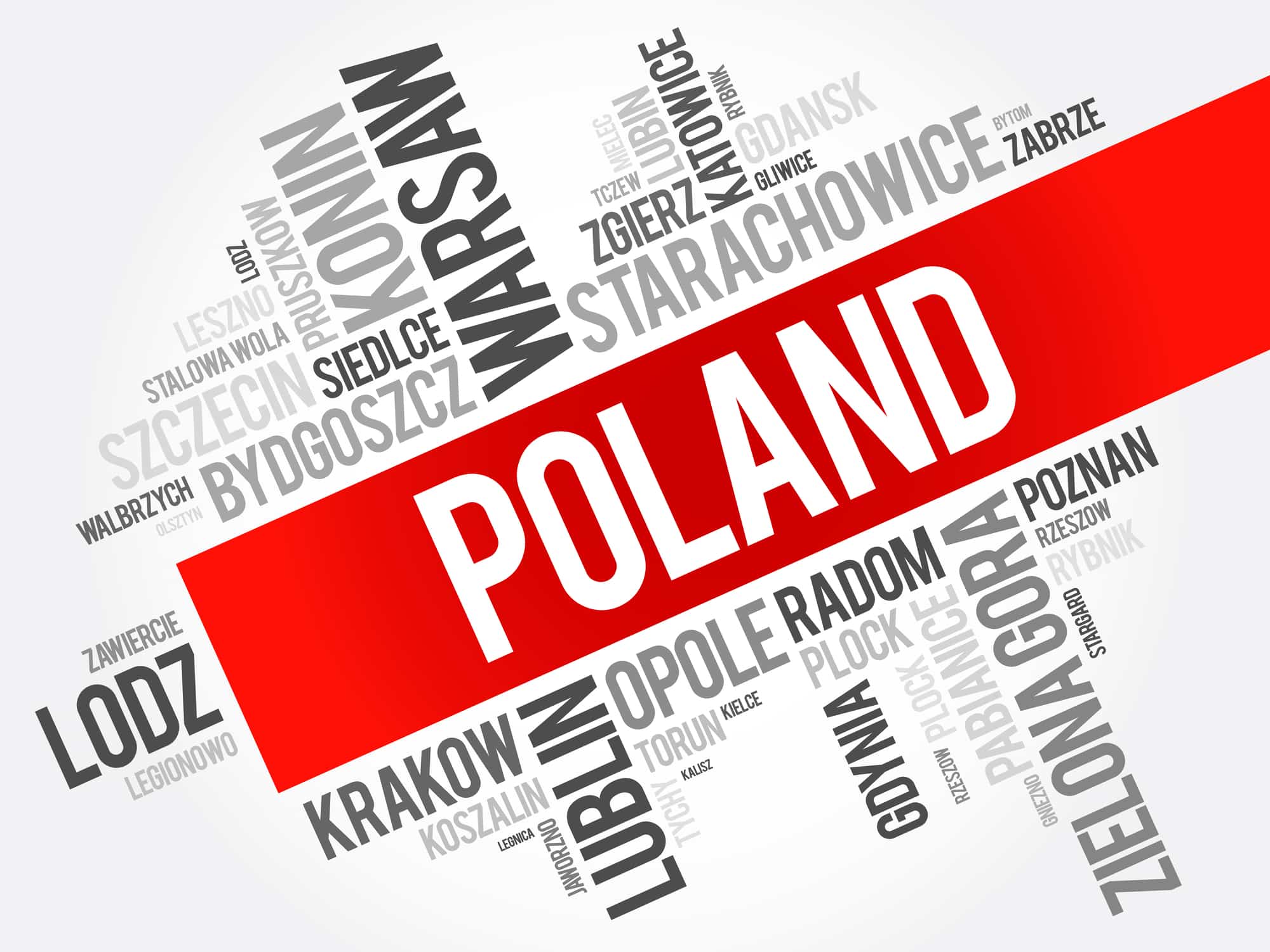
Political Factors Affecting Poland
Political factors play an essential role in determining the shape of an economy. In this section, we will discuss how various political factors impact Poland.
One of the factors that have great significance on Poland is its government system. Poland has been a democratic country ever since it gained independence. This impacts the trade agreements and the level of foreign direct investments in a country.
Countries that weren't democratic were often isolated, such as North Korea. A continuous democratic system creates a soft image of Poland and encourages investors.
Moreover, political stability also affects Poland significantly. Any country that experiences political instability also has to face challenges such as political unrest and civil unrest. Therefore, political stability in Poland would retain investors' confidence in the market and encourage tourism.
Furthermore, government policies on matters like trade and ease of doing business play an important role in determining the shape of Poland's economy. For example, relaxed trade policies allow Poland to integrate with major trading countries such as China, India, and the US.
Besides that, incentives provided by the government to businesses also impact the economy of Poland. For example, if the Polish government creates tax-free zones, businesses would be encouraged to operate in Poland, which would be great for the Polish economy.
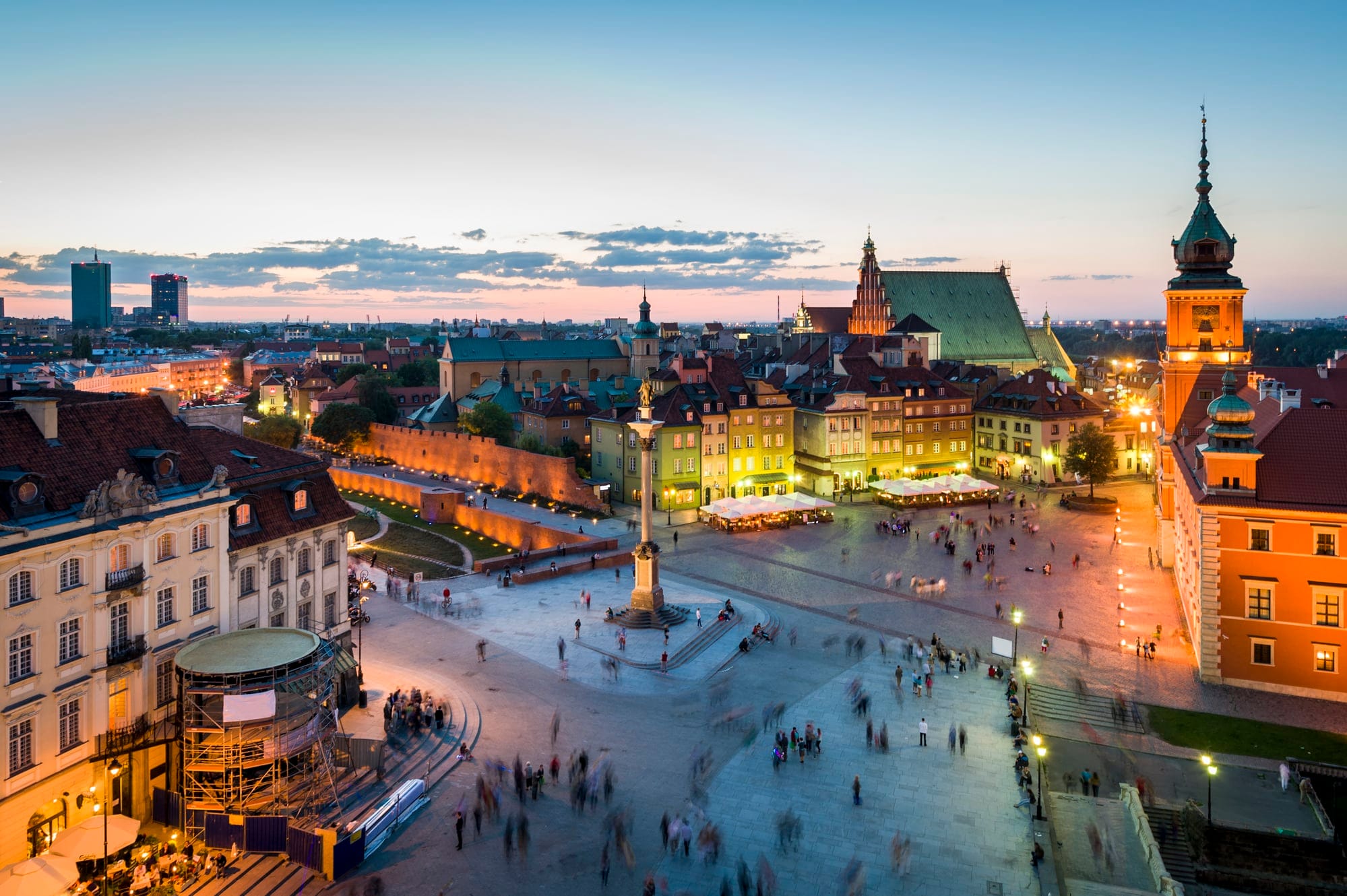
Economic Factors Affecting Poland
The economy holds great significance for any country. Multiple economic factors impact a country. This section will examine how different economic factors impact Poland.
Governments often try to increase the purchasing power of their people by creating employment so that demand for goods and services remains high in the economy and the money keeps circulating.
The purchasing power of the Polish people impacts Poland significantly. If the people have high purchasing power, more economic activity will occur, impacting the Polish economy positively.
Moreover, interest rates in an economy impact the economic condition of the country. Higher interest rates are often discouraged because they provide an incentive to save instead of invest.
Poland needs to keep its interest rates low so that money in the economy keeps circulating, and investors can take loans at low-interest rates and invest that money in the economy.
Taxes are also an economic variable that shapes an economy. Therefore, Poland needs to have a progressive taxation policy where less tax is imposed on people with low incomes and a high tax rate is charged on people with high incomes.
Besides that, businesses operating in Poland should be given tax incentives to boost the Polish economy. Tax incentives for developing industries such as the IT industry can help the IT sector of Poland compete internationally.
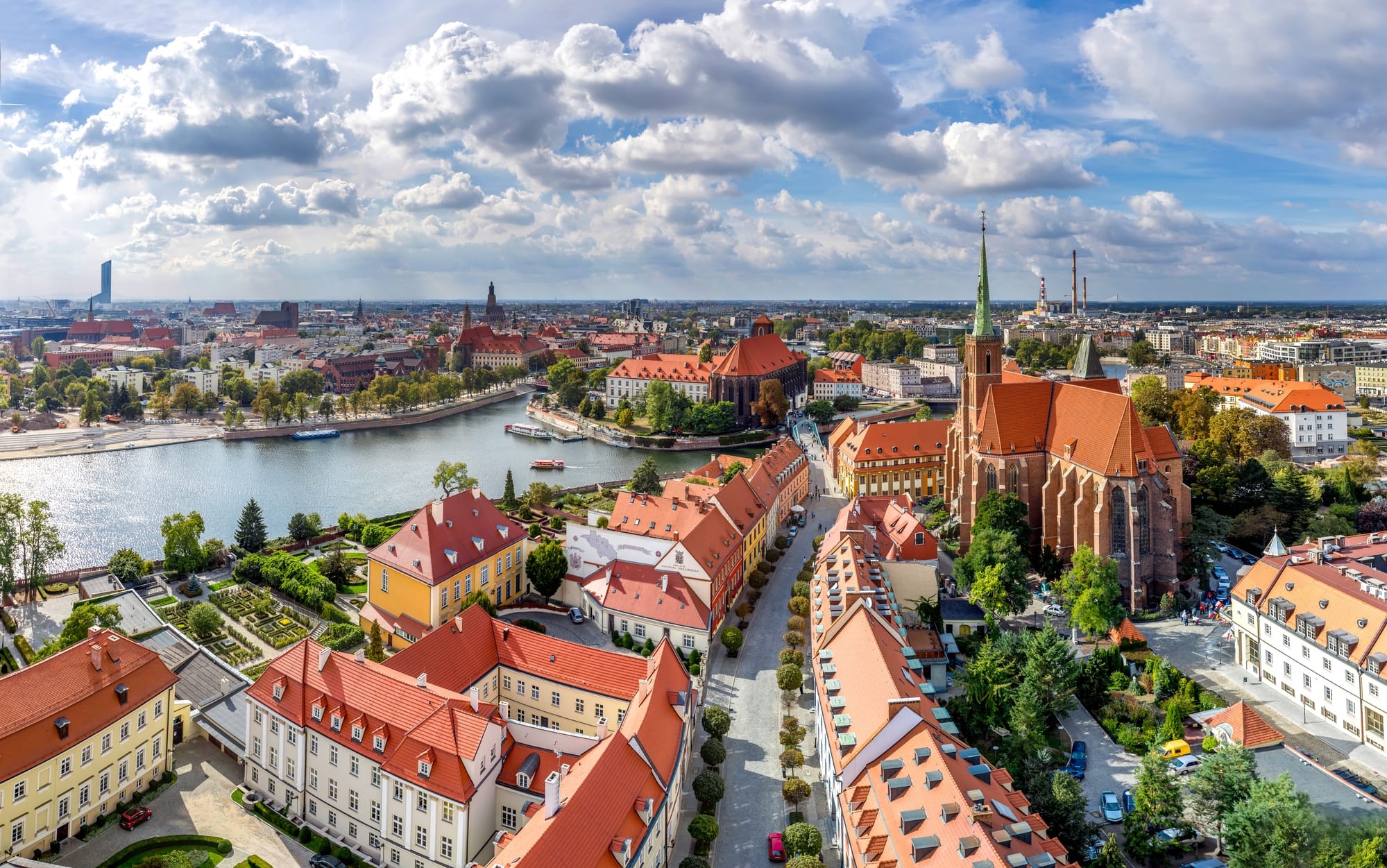
Social Factors Affecting Poland
The section on social factors in the PESTLE analysis considers societal and cultural factors. This section will discuss how different social factors affect Poland.
The norms and values of any country determine how much a nation will progress. In Poland, people are accustomed to showing punctuality in their daily lives. Moreover, they respect deadlines in their professional life.
Such norms in Polish society will impact Poland as a whole. It will make Poland more disciplined as a nation.
Besides norms and values, the demographics of a country really impact it. For example, the elderly population isn't considered good for an economy because it leads to inefficiency.
Moreover, as the percentage of elderly people increases, a country has to neglect other sectors and spend more of its budget on healthcare.
More than 25% of Poland's population is 60 years old or older. Such a high percentage of the elderly population will put a massive burden on the Polish healthcare system.
Besides that, the literacy rate of countries determines their future. Countries with high literacy rates tend to progress. In Poland, the literacy rate is very high. Almost 99.79% of its population is literate. Such a high literacy rate impacts Poland positively, and it shows that the future of Poland is in educated hands.
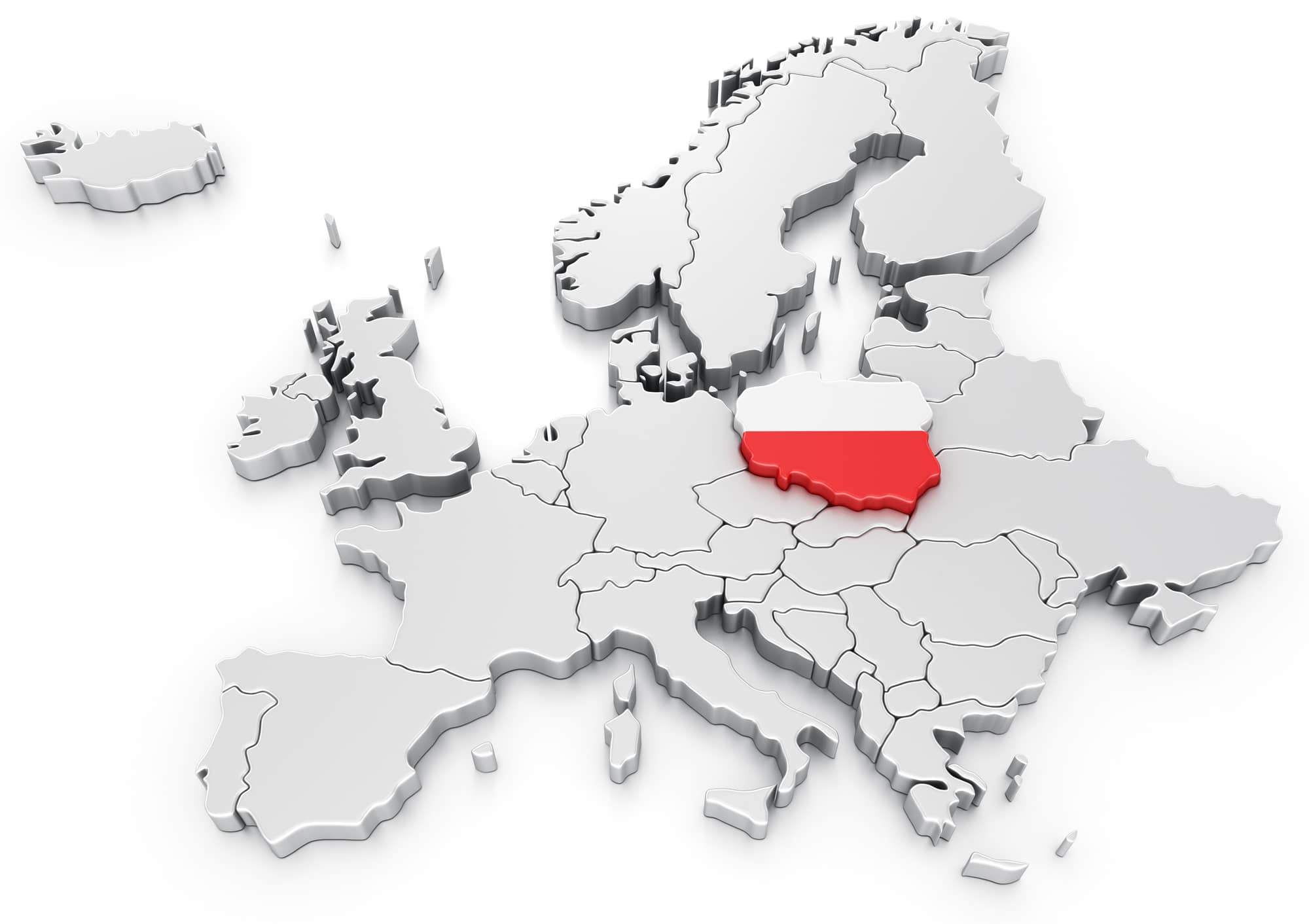
Technological Factors Affecting Poland
Technology has a significant role in helping countries progress. In this section, we will examine how various technological factors impact Poland.
Countries that embrace technological innovations remain ahead in the race. For example, cryptocurrency is one of the latest innovations in the money market. People across the globe are trading and even making transactions in cryptocurrency.
Countries across Europe have adopted policies related to cryptocurrency. However, Poland doesn't have regulations related to cryptocurrency. Therefore, Poland has to step up and make a policy regarding cryptocurrency, or else it won't be able to benefit from this innovation.
Moreover, countries are adopting digitalization because it increases productivity by minimizing human error. Other than that, it also mitigates corruption since records are easy to maintain.
Poland can digitalize its government sector and economy. By doing so, the Polish economy will overcome inefficiencies and increase productivity.
The e-commerce industry is replacing brick-and-mortar markets. This can cause the demand in local Polish markets to fall since consumers buy products online from different countries.
However, this can be countered only if Poland encourages local brands to shift online.
By doing so, people might shop online for local brands. Hence, the Polish economy would flourish.
Legal Factors Affecting Poland
A country's legal framework provides a guideline for people to function in that economy. In this section, we will examine how legal factors impact Poland.
Businesses have a large share of the Polish economy. In 2021, 2.47 million businesses were operating in Poland. Poland must have adequate laws to ensure these businesses operate in an organized way.
Businesses often get into conflicts due to forged contracts. However, strong business laws can prevent such conflicts and ensure the smooth running of businesses in Poland.
Moreover, labor laws play a significant role in maintaining social justice and peace in any country. Therefore, Poland must have labor laws that ensure equal pay and fair treatment for laborers, or else the country can witness riots and protests.
Besides that, Poland requires strict laws related to data protection and privacy. Currently, more than 85% of the Polish population uses the Internet. Therefore, Poland should make laws to protect its people from data breaches and cyberbullying.
Effective data protection and privacy laws will further increase the number of internet users and encourage IT firms to operate in Poland.
Furthermore, effective environmental laws prohibiting businesses from diffusing their waste without processing it and forcing businesses to adopt eco-friendly practices can positively impact Poland.
Such laws can protect the environment in Poland. Moreover, such eco-friendly laws will encourage FDI, boosting the Polish economy.
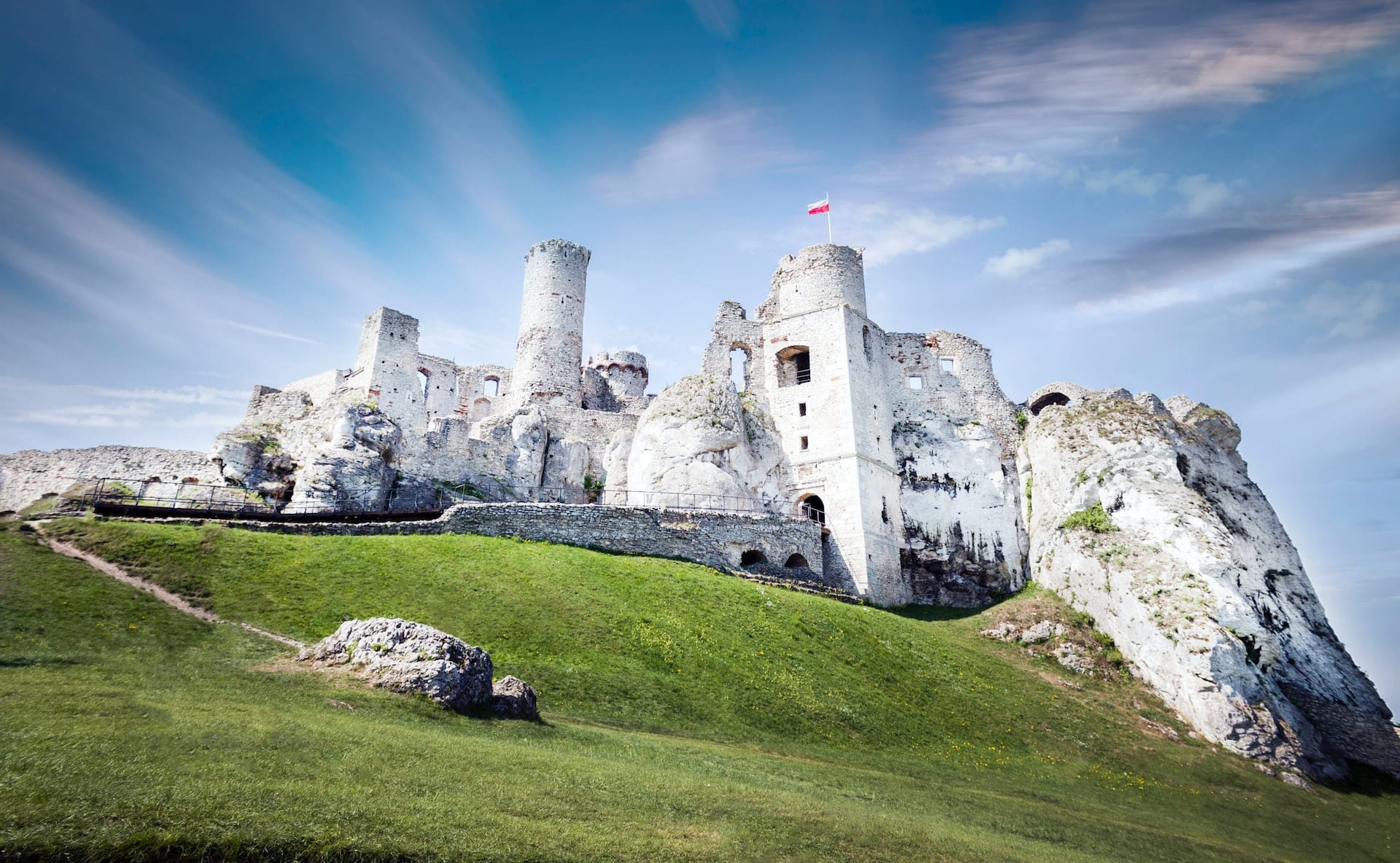
Environmental Factors Affecting Poland
Environmental factors are the factors that analyze factors that impact the environment. This section will take a look at the environmental factors that impact Poland.
Poland is a country that is blessed with natural resources such as forests, lakes, and plains. It is Poland's responsibility to preserve these resources by making strict environmental laws.
If Poland doesn't take measures to protect its natural resources, such as forests, natural disasters such as forest fires might occur. Such natural disasters can cause severe economic losses and the loss of human lives in Poland.
Moreover, suppose Poland doesn't protect its water bodies. In that case, it might face water scarcity, which would worsen the living conditions in Poland. Besides that, Poland has to address the problem of air pollution.
The Polish government has to make laws to limit air pollution caused by vehicles, factories, or any other source. Suppose Poland is unable to overcome the problem of air pollution. In that case, Poland's air quality will worsen, and people will suffer from chronic lung diseases and infections.
An increase in diseases caused by poor air quality would pressure the Polish healthcare system. As a result, it might collapse.
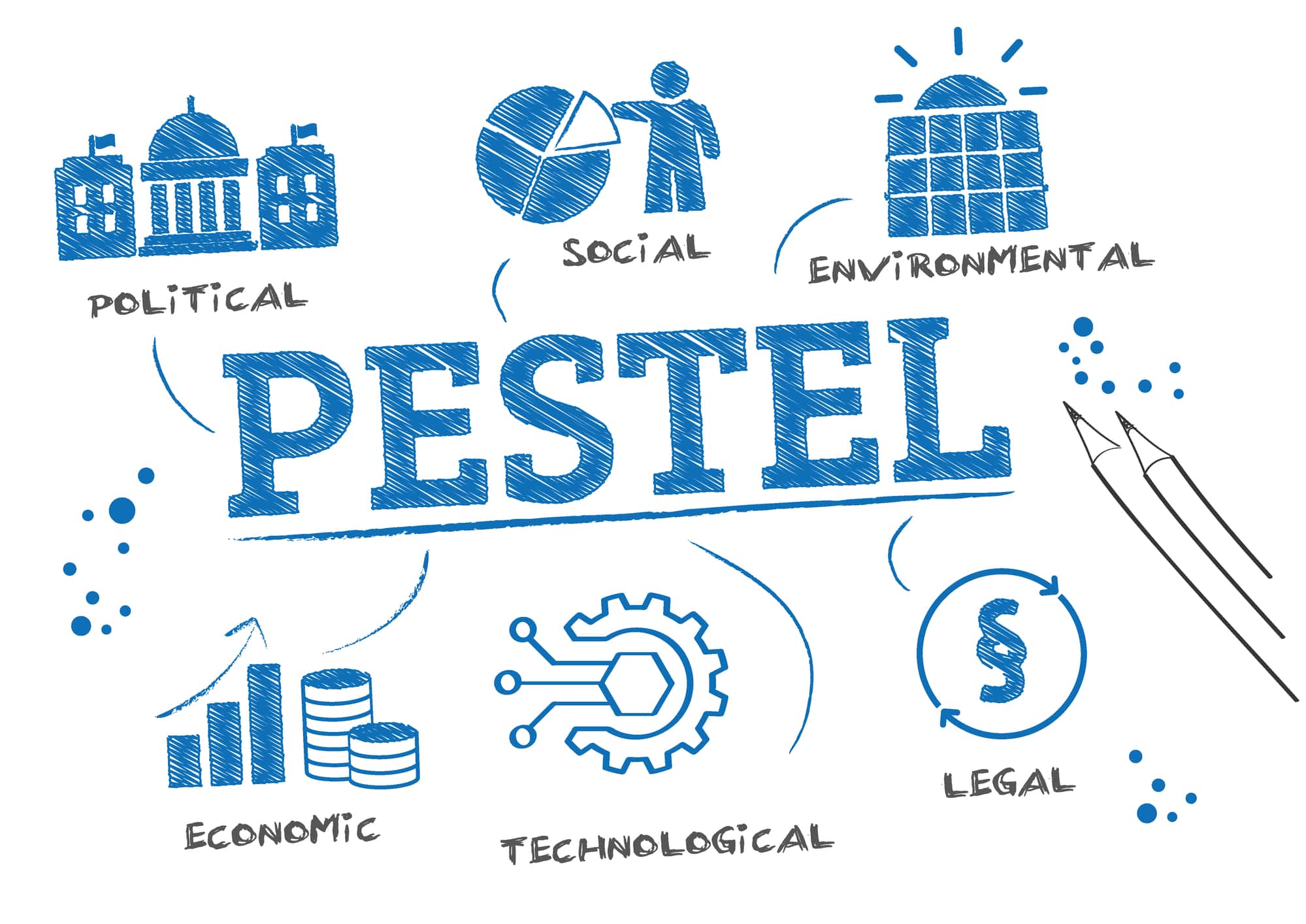
PESTLE Analysis of Poland: Final Word
Poland is located in Europe, and it is one of the most beautiful countries in the world. That's what mainly attracts tourists from all over the globe. Besides its beauty, it has an impressive history and a diverse culture.
Poland has been ruled by emperors and invaders for centuries. However, later it gained independence, and from then on, it had its own democratic government.
In this article, we gave you a complete insight into Poland. After that, we conducted the PESTLE analysis of Poland to see what external factors impact its operations.
Through the PESTLE analysis framework, we identified various external factors that impacted Poland and discussed their impact on the country. If you found this article interesting and want to read similar articles, look at some interesting PESTLE analysis examples.










